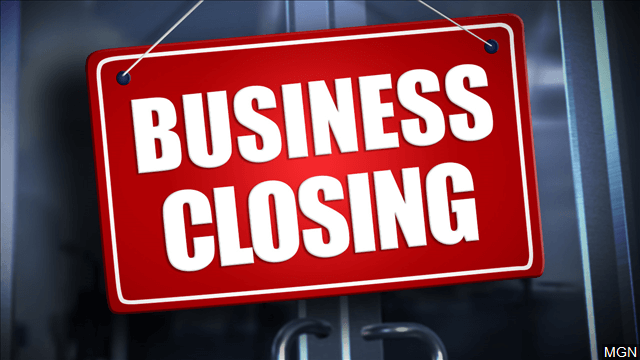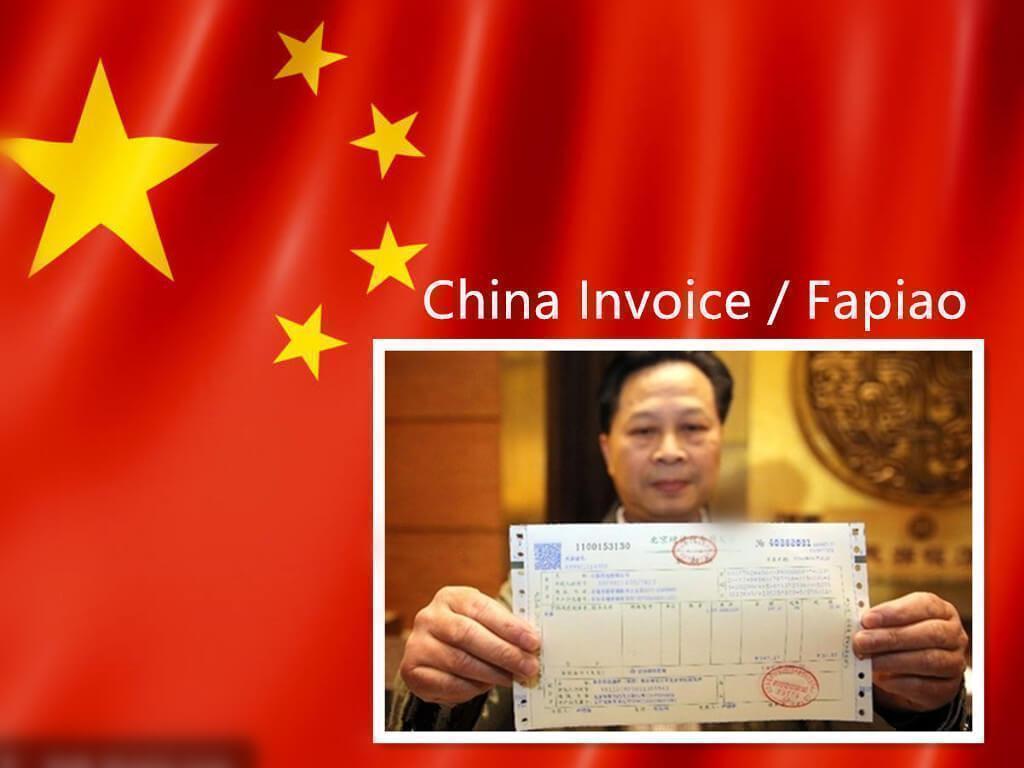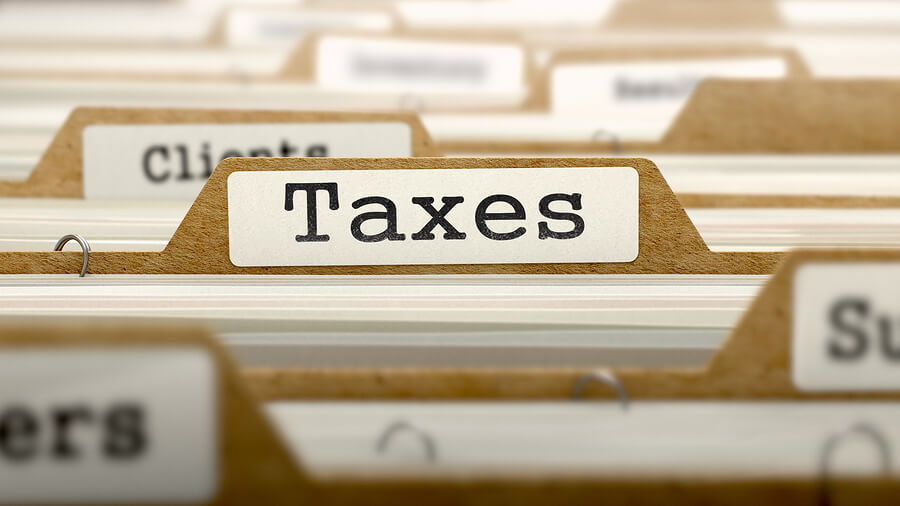How to start the cancellation and
liquidation of China WFOE according to the Chinese law and leave nothing
illegal behind? Are there some regulations the foreign investors need to be
aware of? Business China lists five regulations on cancellation and
liquidations of WOFE in China.


(1) Liquidation Term of China WFOE
The starting date of enterprise liquidation is the date when the operation period of the China WFOE (Wholly Foreign Owned Enterprise) expires, or the date when the enterprise approval authority approves enterprise dissolution, or the date when the people’s court judges or the arbitration agency rules to terminate the enterprise contract. The enterprise liquidation term is from the starting date of the liquidation to the date of submitting the liquidation report to the enterprise approval authority, and shall not exceed 180 days. If the liquidation term is required to be prolonged due to special circumstances, the liquidation committee shall apply to the original enterprise approval authority within 15 days before the liquidation term expires. And the prolonged period shall not exceed 90 days.
(2) Liquidation Committee of China WFOE
Within 15 days after the starting date of the liquidation, the Board of Directors of the enterprise shall organize and establish the liquidation committee consisting of at least 3 persons, whose members are generally selected among the directors and served by the accountants and lawyers registered in China employed. The main duties of the liquidation committee are:
1. Sort out the enterprise’s properties, compile the balance sheet and list of property and make liquidation scheme;
2. Announce to the unknown creditors and notify the known creditors in writing;
3. Deal with the uncompleted obligations of the enterprise related to the liquidation;
4.Propose the basis for property evaluation and computation;
5. settle the owned taxes;
6. Take back the funds payable but not paid by the shareholders;
7.Sort out the claims and debts;
8.Deal with the residual properties after the enterprise pays off the debts.
9.Respond to and file a lawsuit on behalf of the enterprise.
(3) Liquidation Notice and Announcement of China WFOE
The enterprise shall notify relevant units such as enterprise approval authority, enterprise competent department, the Customs, foreign exchange management authority, industrial and commercial registration authority, tax authority and enterprise opening bank in writing within 7 days after the starting date of the liquidation, if the enterprise has the state-owned property, it also must notify the state-owned property management department. In addition, within 10 days after the date when the liquidation committee is established, the known creditors shall be notified in writing to declare the claims, and within 60 days after the date of establishment, announcement shall be published at least twice on one national newspaper and one local provincial or municipal newspaper. The first announcement shall be published within 10 days after the date when the liquidation committee is established.
(4) Distribution of Liquidated Properties
The enterprise and Chinese and foreign investors must legally distribute the liquidated properties and shall not arbitrarily dispose of them. According to relevant laws, the liquidated properties shall be paid off according to the following order after being used for paying the liquidation expenses (including the expenses required for managing, selling off and distributing the liquidated properties as well as the expenses required for announcement, lawsuit, arbitration and others) with priority.
1.Staff’s salary and labor insurance premium;
2.National taxes.
3.Other debts.
The residual properties after the enterprise pays the liquidation expenses and pays off all its debts shall be distributed as per the actual contribution rate of the investor; however, except for those otherwise stipulated by the laws and regulations as well as contract and articles of association. In addition, it shall be noted that as for the claims (such as mortgage and pledge) with property guarantee, the creditor has the right of priority of compensation for such guarantee. Moreover, during the liquidation, if it is found that the enterprise properties are insufficient to settle the debts, the liquidation committee shall apply to the court for announcement of enterprise bankruptcy, and those legally announced to be bankrupt shall be handled as per the laws and regulations on bankruptcy liquidation.
(5) Liquidation Termination of China WFOE
After completing the above property settlement, the liquidation committee will make liquidation report and submit to the enterprise approval authority for filing after being confirmed by the Board of Directors. Within 10 days after the date when the liquidation report is submitted to the enterprise approval authority, the liquidation committee must respectively handle cancellation registration to the tax authority and the Customs and within 10 days after such formalities are completed, the liquidation committee must handle enterprise cancellation registration to the industrial and commercial registration authority, with business license handed in and canceled. Meanwhile, it must announce termination of the enterprise on national newspaper and one local provincial or municipal newspaper.





